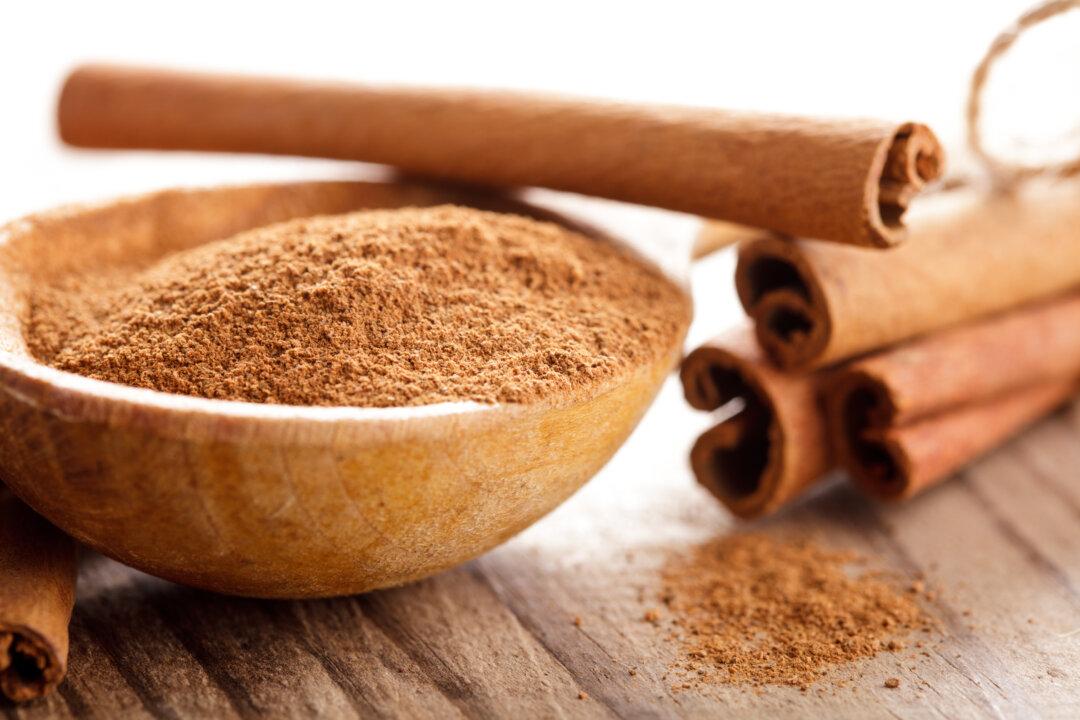When people cook meals, they often add various spices to enrich the colors and flavors of the dishes. Some of these spices have a positive effect on our body’s health, and among them, there are many that can control blood sugar, just like “hypoglycemic medications” in the spice rack.
According to Liang Jiawei, nutritionist and consultant, cinnamon, garlic, ginger, chili peppers, turmeric, cloves, and many other spices can help lower blood sugar.





